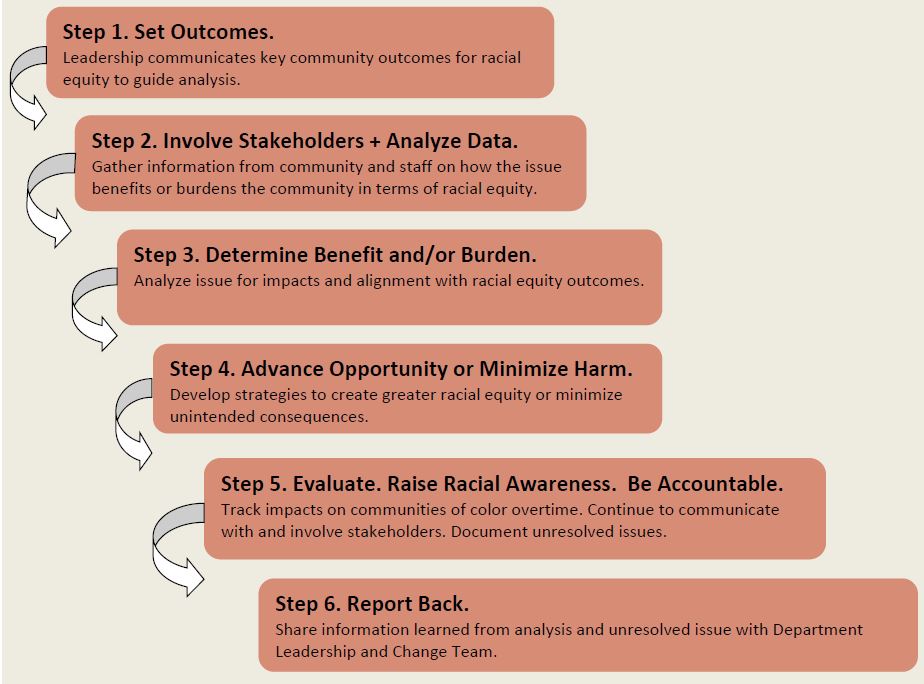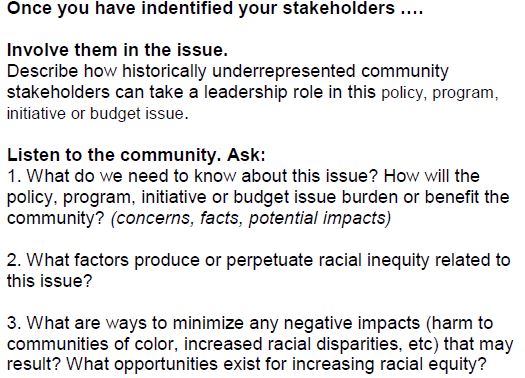I'm excited to be able to join int he discussion for #PAScholarStrike and #ScholarStrike. So here we go! https://twitter.com/SeanMcC_PA/status/1303422762921480197
Anyone following along, please feel free to reach and engage. Always happy to have the conversation
Last week we had a call with a few of us on talking about what we wanted to do to support the #ScholarStrike as individuals and as a field...when we came up with the teach-in/twitter conversations, I immediately knew I wanted to do my on the realm of budgeting and finance
If you think about what we teach in public administration classes...the pa-politics dichotomy is a very real thing for budgeting and finance.
We train administrators and budget staff that the budget process isn't about the individual, its about a skill used by the individual to help those in leadership translate their goals and mission into financial terms. That's how we get to be successful leaders...
I've definitely been guilty about that....but here's the thing....we do teach equity perspectives in budgeting and finance courses when we talk about tax policy
But why limit it there....just because we don't advocate for a political agenda doesn't mean we should exclude the equity perspective on the budgeting side
Alas, there is close to nothing on this from the literature.
Last fall @SeanMcC_PA and I started a project looking at home local governments include equity perspectives into their budgeting process.
It's been a crazy journey because when you think about the 90,000+ governments in the US, only a small handful are actually trying to do it
So how do we do it? Yeah, I don't have a good answer to that yet, but that means that we need to figure it out
One of the challenges in budgeting is those that get expanded services/new services/positive government attention are also those who engage the most with their governments. Unfortunately, this also means its the white and wealthier populations.
For me, it was sitting in the audience at @secopa1 in 2019, listening to the authors of chapters from @MaryGuy15 and @SeanMcC_PA's book on social equity present https://www.amazon.com/Achieving-Social-Equity-Problems-Solutions/dp/1733934464
Samantha Larson (apologies, not sure if she's on twitter, if she is, can someone tag her) was talking about how the decision to fund and build a transit system massively divided a community and that it was done without community buy in
For me, there is something too that. When we talk about equity from a budgeting perspective, it's about community buy in, its about ensuring that we consider all implications before a decision is made, and then we ensure everyone gets their needs represented
@CityofSeattle does an awesome job of this. The city maintains an @SEACivil_Rights office. Of the many things they do is manage a tool kit for any decision making going on within the city to help incorporate racial equity
What's really awesome about it is that it includes budgeting in the took kit
Their website: https://www.seattle.gov/civilrights/what-we-do/race-and-social-justice-initiative/racial-equity-toolkit
Their website: https://www.seattle.gov/civilrights/what-we-do/race-and-social-justice-initiative/racial-equity-toolkit
Direct link to the tool kit: https://www.seattle.gov/Documents/Departments/RSJI/Racial%20Equity%20Toolkit_FINAL_August2012_with%20new%20cncl%20districts(0).pdf
From what I understand of their process, @SEACivil_Rights uses the tool kit to force consideration of equity issues. When the budget office comes along to aid in budget development and spending plans, they bring the discussion of race and equity back up.
They maintain the neutrality we teach, but remind those making the decisions that these are factors to consider and the approach has worked pretty well for me in terms of the city moving forward as a community.
(I'm pretty sure I'm on a random tangent and the absence of in-person classes is letting my professor "preach" mode come out)
There isn't much yet in terms of resources on how to incorporate social equity into the budgeting process or how to teach social equity in budgeting courses....but we're working on that and you should start seeing some of that come out in the spring
But one resource that I like is a webinar held by @ICMA back in June. It's about an hour and a half long and it's free (always a plus), but it gives the perspective of how local officials have worked to implement equity into budget decisions. https://icma.org/events/free-webinar-sharpening-focus-social-equity-make-strategic-budget-decisions
It came out too late for me to add it to my @NCStateSPIA budgeting course over the summer, but I offered extra credit for any student that watched it and wrote up a short reaction.
About half the class chose to do it and nearly every one of them came back with the same kind of response. They were all along the line of "holy crap, we can actually do that."
(my apologies to @ICMA, I screen grabbed the webinar and have it on my iphone to listen to whenever I need to. I've probably listened a half dozen times since June....it's that good and helpful)
I think what's interesting about what I've learned over the past year is that many local government budgeters want to engage on equity issues. They understand its important. But they face a challenge of being seen as using their offices as a policy tool.
But lets face it....budgeters rock...and we're good at working within a crazy bureaucracy, so the task becomes how to find a work around.
In the governments I've seen that have gone all in, the work around is literally to get different departments of the government to add equity into their consideration in some form or fashion.
They might not have to do anything, but at least say how the decision they would make will influence different segments of the population.
By adding that one little bit, one simple consideration, you've made it part of the record, the discussion, all which flows back to funding. Budgeters can then use that as a tool of their own in helping the government establish their budgets
Something else to share out of @SEACivil_Rights' toolkit is this snip bit about listening to communities of color. Notice that the very first thing is a budgeting perspective
So we can, in some way, incorporate equity perspectives into the budgeting process. What that way is will vary based on the city. What comes next is how do we teach that in the classroom and how do we prepare faculty to teach it
I'm pretty sure there is a @NASPAA panel (or there was going to be a panel) for the conference next month on the topic. I'm hoping it still happens to have that conversation. I'd love to see an @abfm_aspa panel next year or even a workshop approach this.

 Read on Twitter
Read on Twitter



